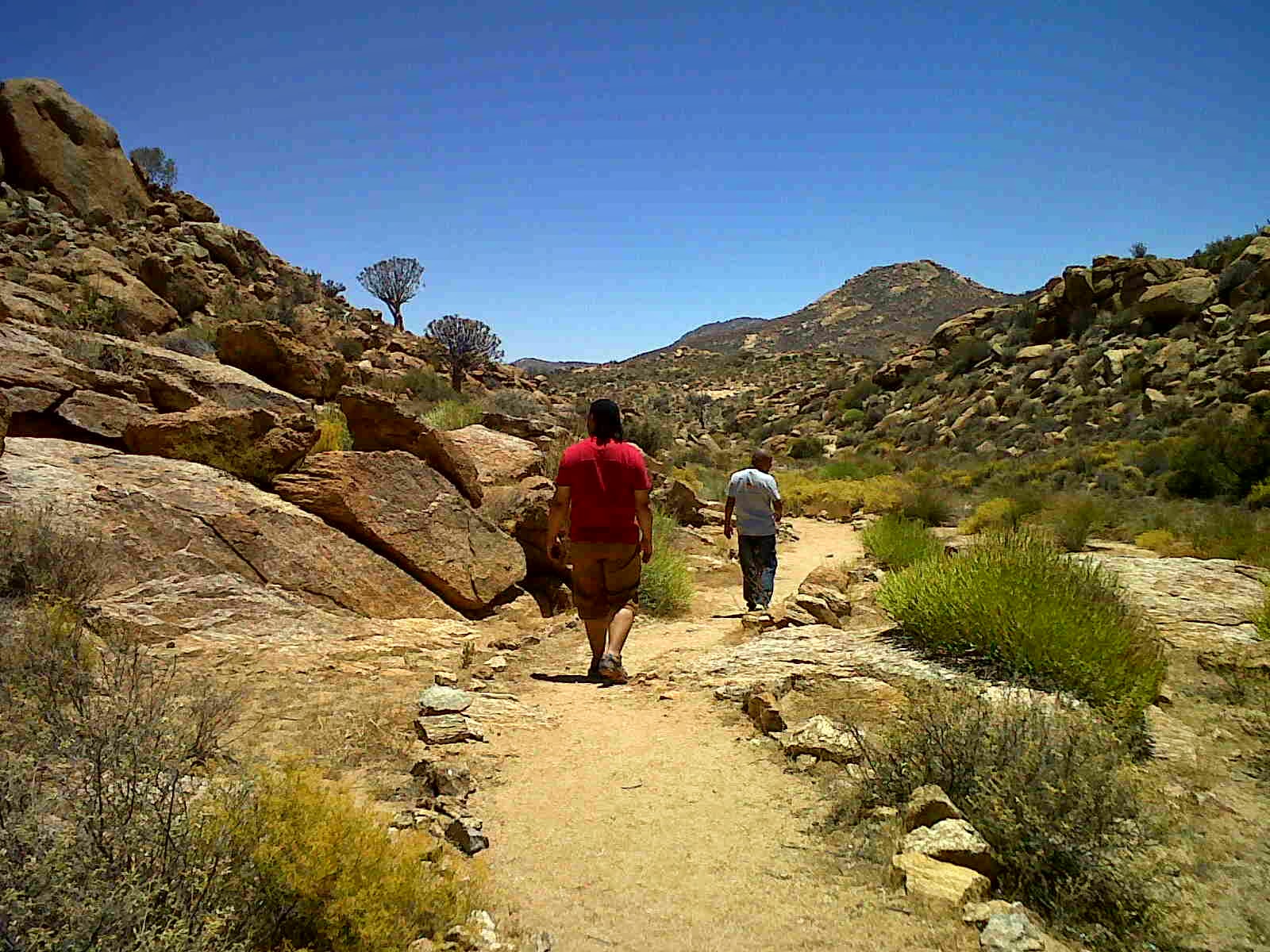If you have a dream protect it
from all the negative people in your life. They are so negative because their
insecurities and broken dreams are giving them nightmares when they look at you
and when they look in the mirror. You failed a couple of times, SO WHAT! You
made a couple of mistakes, SO WHAT! The only thing that matters is that you
keep trying and pushing to make your dream a reality.
Nobody said or made promises that
it is going to be easy, but surely it will be worth it. If they say negative
things towards your dreams and aspirations, please tell them they have no right
to comment on yours if theirs are in pieces or stagnant.
I came to realise that people who
are working on their dreams are generally positive and supportive towards others’
dreams. They help others in achieving theirs. On the contrary, I came to
realise that negative people (in most cases it are people very close to you)
either gave up theirs or they fear yours might end up like theirs.
This is one of the biggest
mistakes of most friends, family and parents. You share an idea or dream with
them and the first words they utter are: ‘it will not work.’ This is the last
thing you want to hear especially since you already know the risks; and when
these words are uttered it shatters the last bit of confidence you had into a
million pieces. What parents, family, guardians and spouses do not realise is
that they are systematically sabotaging the future of their children, family
members and spouses. A little bit of positivity is all the person needs to get
him or her going.
I remember back in 2006 when I had
to make a decision whether I must register the next year or not, I needed only
two people’s positive reactions to get me into action. There were those who
were negative but I needed the confirmation of two people. The first was my
Grandmother and the second was Ant Lenie.
Of the two I expected my
Grandmother to be the most critical but when I mentioned it to her, her first and
only words on the subject were: my kind
gaan studeer (my child go study). It was exactly the same response I got
from Ant Lenie, and so I registered in 2007 and since then graduated thrice.
You really do not help anyone by
being negative if they came to you with their dreams. You must be flattered
because that person trusts you! You have two choices either say nothing or
motivate that person. If you decide to motivate and support that person, please
make sure they answer these questions to themselves before they start their
dreams.
The first is why the person wants
to do it? It is important the person answer this question because it will keep
the person going when they are experiencing difficulties. The second is how
would it add value to his or her life? Not all value is monetary, some are
intrinsic. Thus make sure the person knows what he or she will be getting from
the dream because that will keep them going. Finally, ask the person whether he
or she is willing to take the sacrifices that come with pursuing the dream. Pursuing
any dream is not easy and there will come days when you feel like giving up.
Make sure the person understand this.
These questions are merely a
guide but a good way of encouraging someone to start his or her dream. Remember
some people were laughed at when they said they want to go to the moon, build
an aeroplane, a telephone, a car, etc. Your best response to negativity must be
success.

